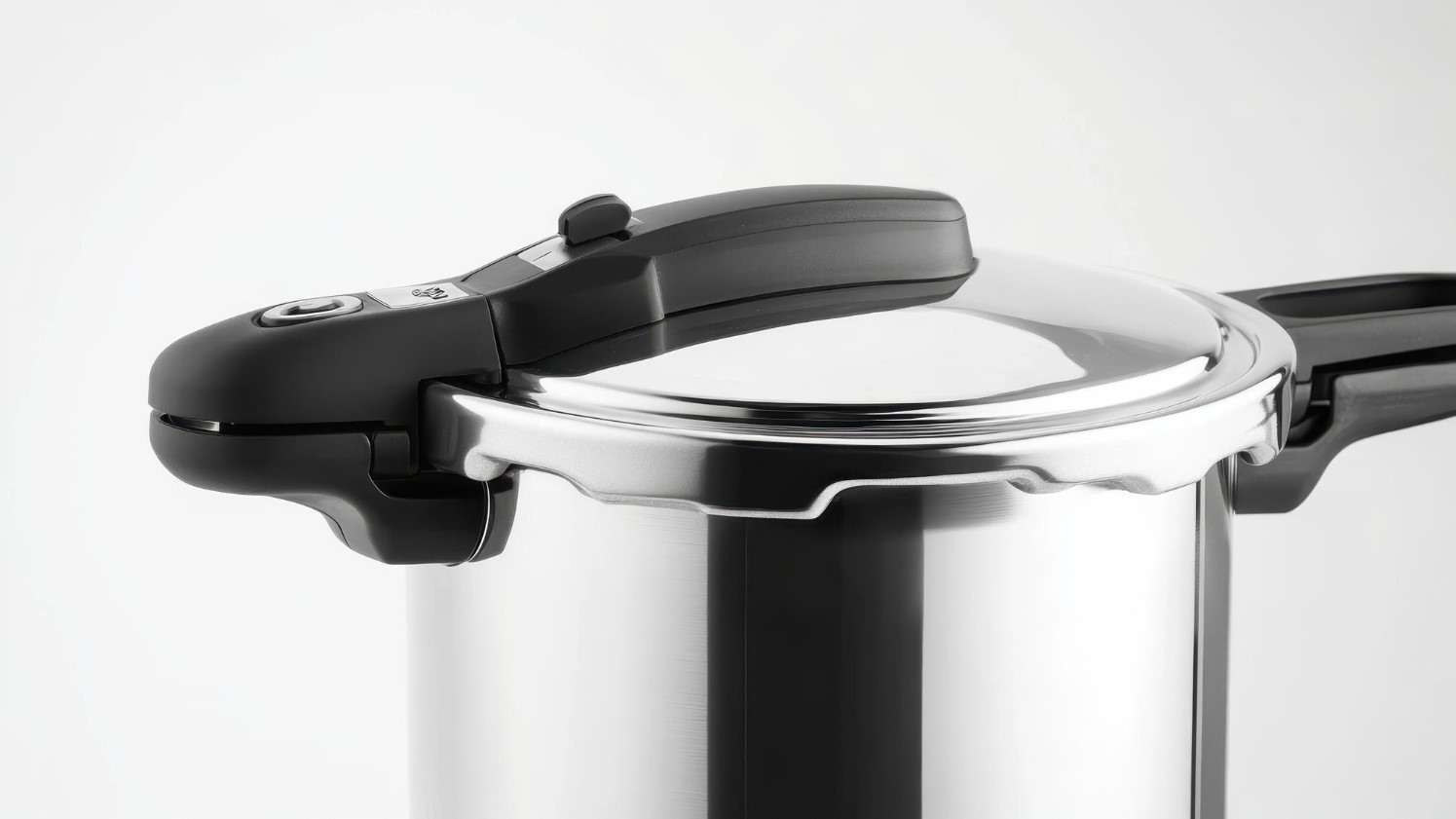5 Ways to Save Energy in the Kitchen: How to Cook Economically on Cold Days?

Winter days often lead us to cook warm meals more frequently, which can increase energy usage. Fortunately, there are many simple ways to cook more economically without giving up your favorite dishes. Here are five effective ways to save energy in the kitchen, especially useful during the colder months.
Cook with a lid on
One of the easiest ways to reduce energy consumption while cooking is to use lids. Cooking with a lid traps heat inside the pot, so meals heat up faster, using less energy. This is especially helpful when making soups, braising meats, or cooking pasta. Even small changes, like using lids more often, can lead to noticeable savings.
Choose the right cookware
To cook efficiently, it’s worth matching the size of pots and pans to the size of the burner. Using a pot that’s too large on a small burner or vice versa wastes energy, as some of it escapes around the sides. Additionally, pots with thicker bottoms or those made of stainless steel conduct heat well, allowing meals to cook faster and heat to be used more effectively.
Cook in larger batches
Instead of cooking small portions daily, try making larger batches of food to last several days. Preparing bigger portions of soup, stew, or roasting a whole chicken can save the energy that would be used in repeatedly heating smaller meals. Additionally, meals prepared in advance can be portioned and frozen for later.
Utilize residual heat
Both induction hobs and ovens retain residual heat after being turned off. You can take advantage of this by turning off appliances slightly early and letting dishes finish cooking in the remaining warmth. This is especially effective for the oven, which retains high temperatures for longer. In this way, you save energy without compromising flavor.
Steam or use a pressure cooker
Pressure cookers and steamers are appliances that significantly shorten cooking time and use less energy than traditional methods. Steaming allows you to prepare healthy meals without using a lot of energy, while a pressure cooker, with its increased pressure, speeds up the cooking process considerably.
In summary, saving energy in the kitchen doesn’t require giving up delicious, warm meals. By applying a few simple principles, daily cooking can become more economical and eco-friendly, and energy bills can go down a bit, even during winter days.
Recommended

Pressure Cooker Steel PROFI 3.5 l

Pressure Cooker Steel PROFI 5 l

Pressure Cooker Steel PROFI 7 l

Pressure Cooker Steel PROFI 9 l

Pressure Cooker Steel PROFI 4+7 l 2 pcs

Pressure Cooker Steel PROFI 3.5+5 l 2 pcs

Steamer Steel ANETT 5 l 3 pcs

Pressure Cooker Seal GENIUS 6 l

Pressure Cooker Seal PROFI

Steamer Basket Steel 14-23 cm

Pressure Cooker Steel with Automatic Closing DRONE 5 l

